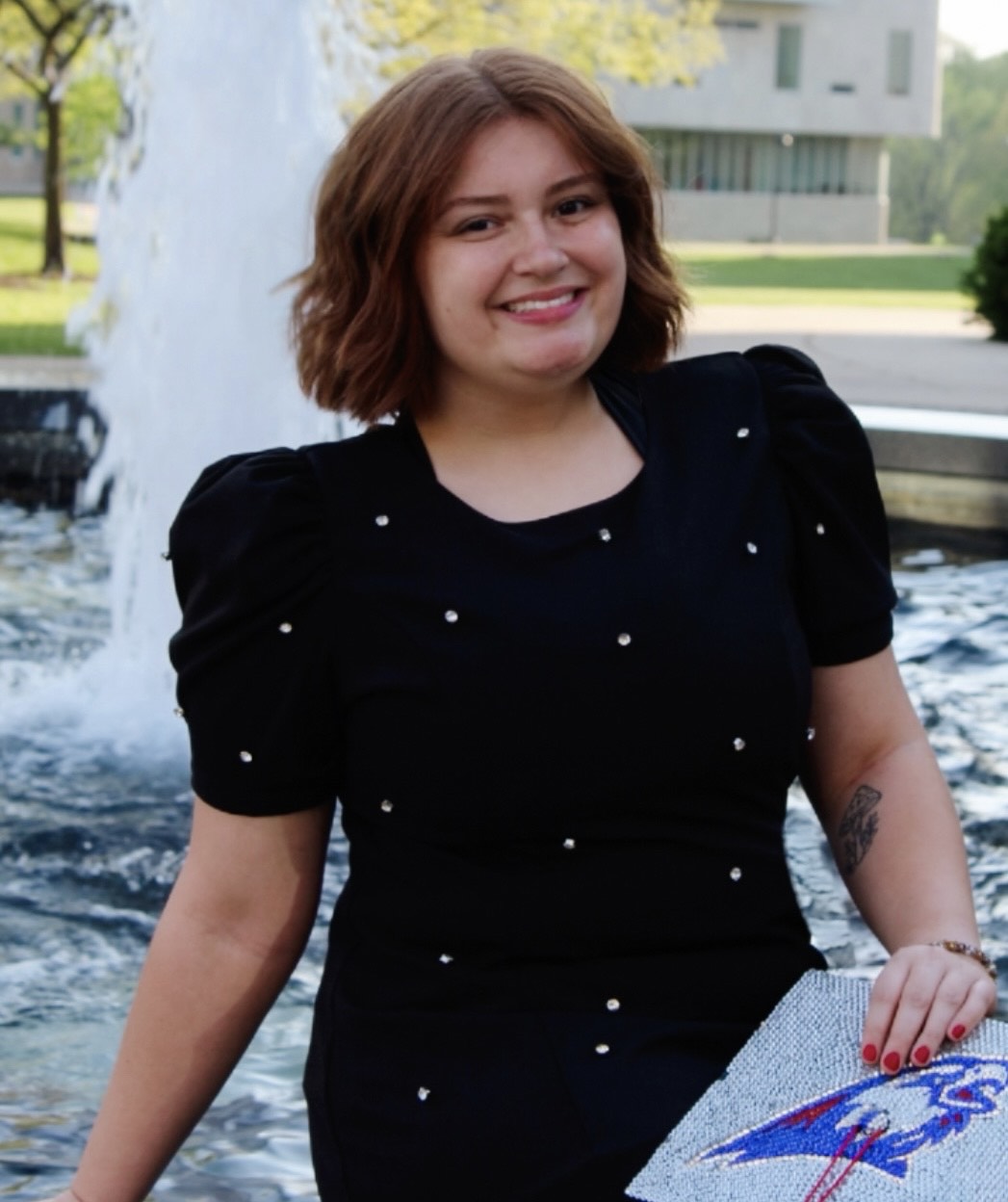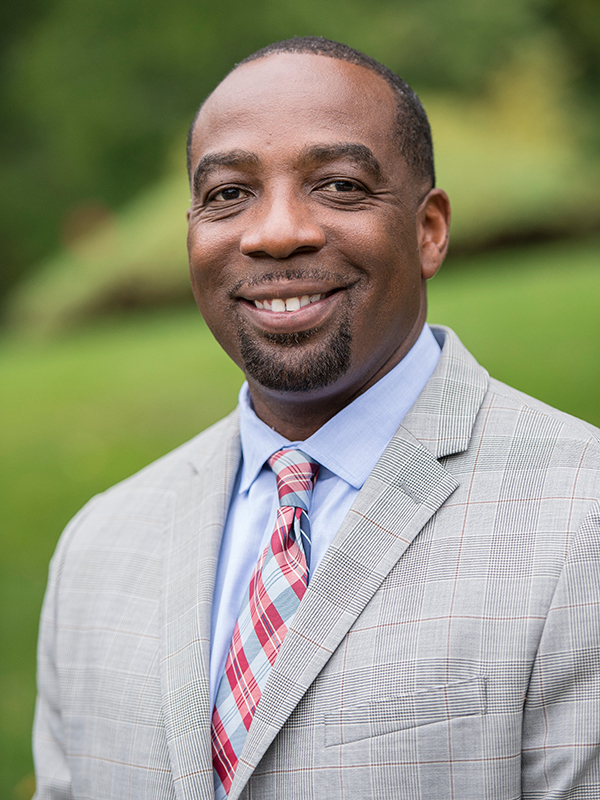
Marc Abelard
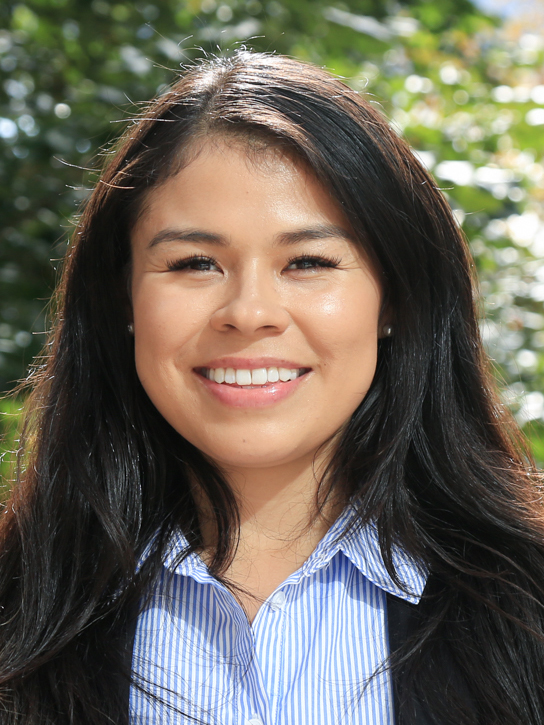
Karen Alfaro
Karen Azucnea Alfaro, MPH, is a doctoral candidate in the Behavioral Health concentration and NIAAA pre-doctoral trainee. She received her Master of Public Health with a concentration in Global Health degree from Loma Linda University and a Bachelor of Science in Public Health with a minor in Psychology from San Jose State University (SJSU). Karen worked as a Behavioral Health Navigator in the Emergency Department at Kaiser Permanente where she worked with patients who came in for substance use disorders. She has worked on a variety of qualitative and quantitative research projects through her universities and in Guatemala and Malawi, Africa. Karen is a McNair Scholar through SJSU where she conducted independent research on intimate toxic relationships. Her research interests include intimate partner violence, substance use disorders, global health (specifically global mental health), reproductive health and maternal mental health.
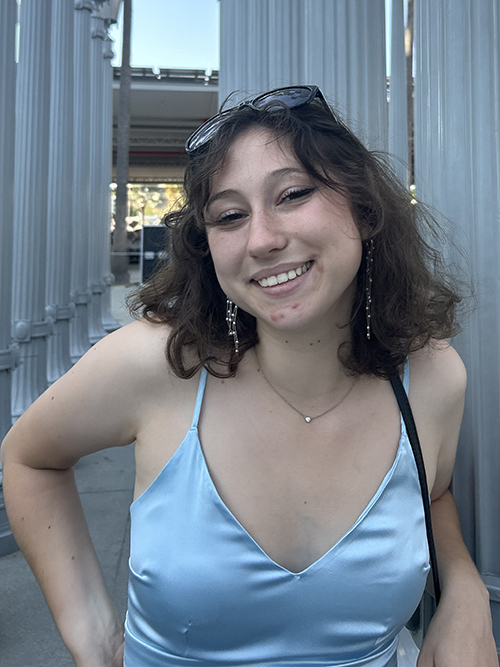
Sophia Balkovski
Sophia Balkovski is a doctoral candidate in the Behavioral Health concentration and National Institute of Alcohol Abuse and Alcoholism predoctoral trainee. She received her Bachelor of Arts in Economics and Public Affairs from the University of California, Los Angeles where her research focused on substance abuse policy, health equity and barriers to healthcare, specifically for Medicaid patients receiving medications for Opioid Use Disorder. She also has research interests in sustainability, urban planning, and public transportation.
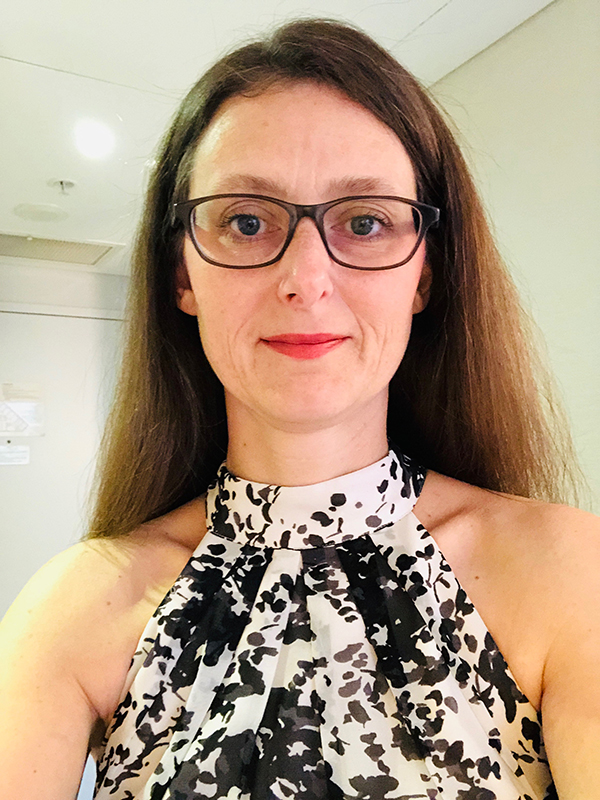
Ginny Chadwick
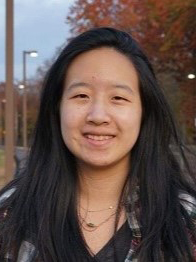
Michelle Cheng
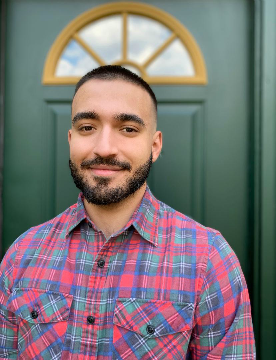
Alex Duarte
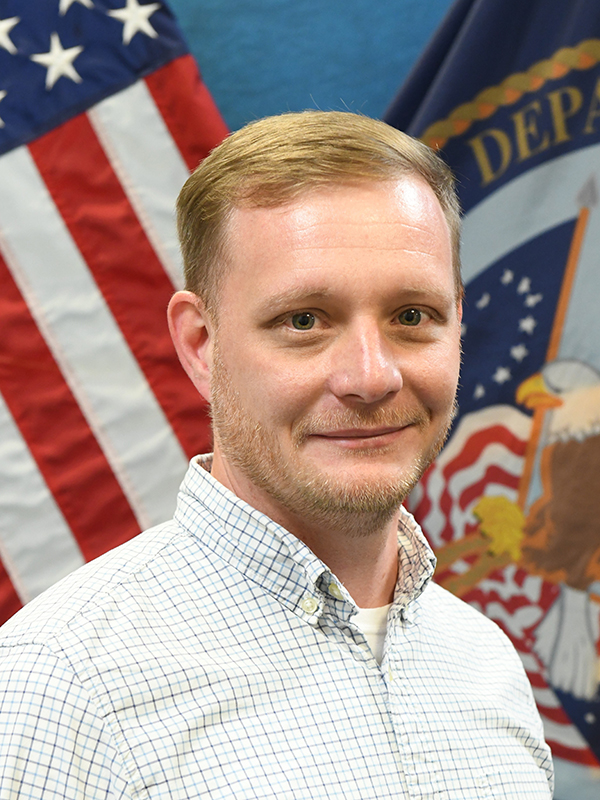
Shawn Dunlap
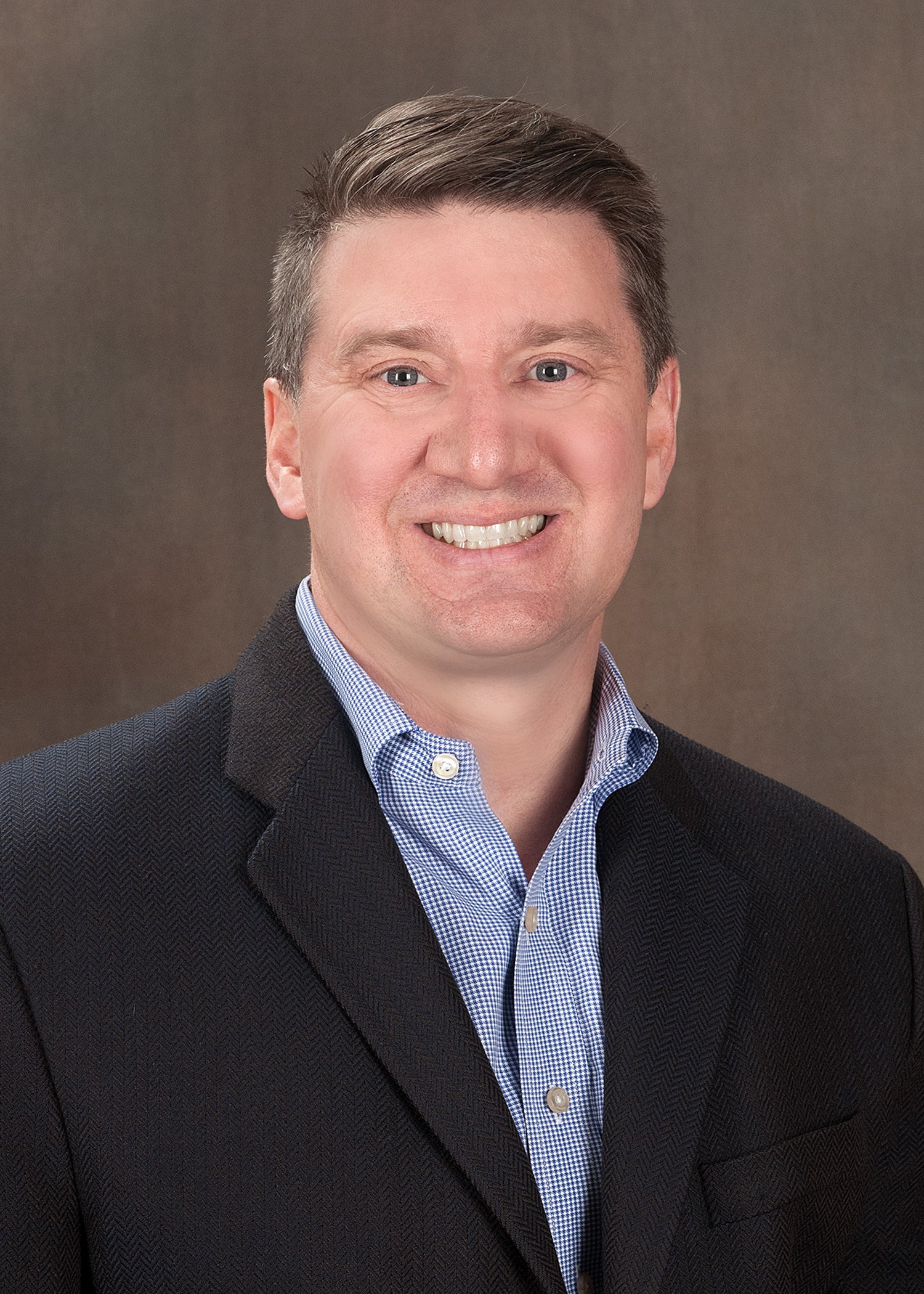
Tom Gilbert Jr.
Tom Gilbert Jr, is a doctoral student in the Behavioral Health concentration and NIAAA pre-doctoral trainee. His research interests include aligning mental health policy with best medical practice and developing innovative programs to reduce alcohol and drug abuse. Tom has over 20 years of experience developing and executing US and Global commercial strategy for both pipeline and in-line compounds across neuroscience, oncology and gastroenterology disease areas. Over the course of his career, Tom has served as the commercial lead for pipeline products that have gone on to become category leaders in the multiple sclerosis and infectious disease space. Tom holds a Master of Science in Economics from the University of Kentucky, with a concentration in Labor and Public Economics and an MBA in Business Analytics Bentley University.
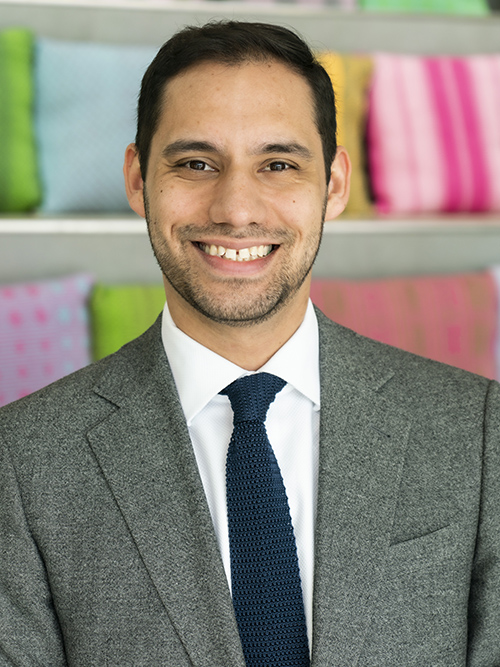
Christian Gochez
Christian Gochez is a doctoral student in the Behavioral Health concentration. He earned a dual bachelors of arts in Sociology and Psychology with minors in Pre-Law and History at D’Youville University. Christian is also a veteran of the United States Coast Guard where he served as a Health Services Technician. He has assisted with research projects regarding cultural blind spots and the intergenerational discourse on sexual and reproductive health education. His research interests include transgender issues, substance use disorders, and eroding barriers to effective health care.
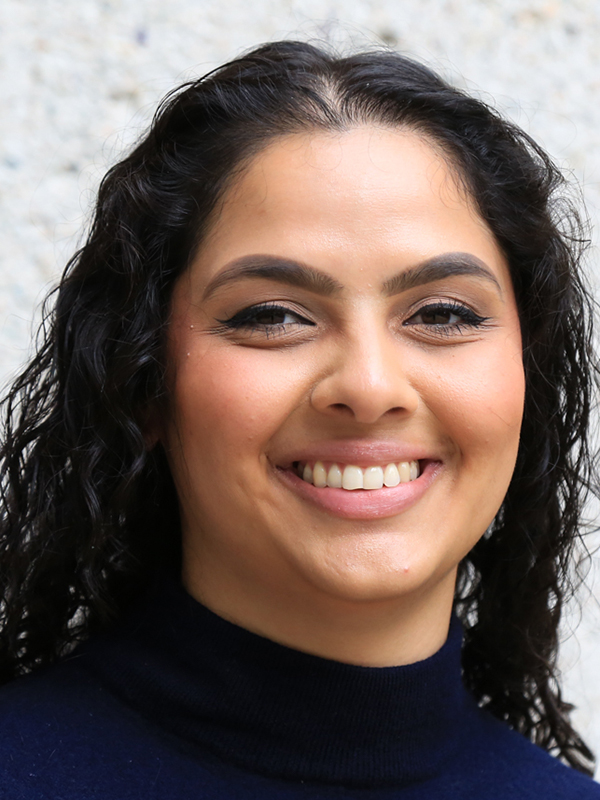
Anika Kumar
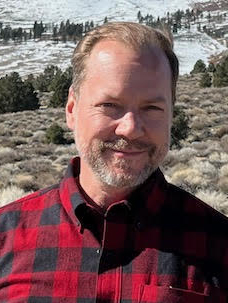
Kurt Lebeck
Kurt D. Lebeck holds an MA in social policy from Brandeis University, an MSW in clinical social work from Smith, a BFA in fine arts from SFAI, and a certificate in Substance Use Ventures from MIT’s NIH/NIDA-sponsored program. He is a recovery and harm reduction scientist who emphasizes behavioral health services, social work, and implementation science. As the CSO of RCADE Tools and DoR at R1 Learning, he develops and implements programs that promote equitable, strengths-based support for people recovering from substance use and co-occurring disorders. He currently leads two major projects in NM:
- The Recovery Capital Self-Discovery and Planning Tool (RCDT) program in two CCBHCs uses implementation strategies and a structured MBC/CBM approach to help peer and community support workers provide EBPs and mobilize client strengths. The program serves over 1,000 people annually.
- A program in Albuquerque, where he co-developed a model for individuals with co-occurring SMI and those recently released from the CJS, ensuring access to medication and psychosocial support.
Lebeck teaches EBP in social work at Salem State University and social policy at Smith College School for Social Work. He is president of NMSAM and is working to build its capacity. At Heller, his dissertation focuses on implementing the RCDT. Recent presentations include a Recovery Science ECHO, an NIH/NIDA-sponsored SUD Innovation Intensive at MIT, the Reach for Recovery Conference in Kentucky, and ASAM in Texas. Lebeck previously provided data analysis for the S/SWATTC and evaluation services for New Mexico’s behavioral health system.
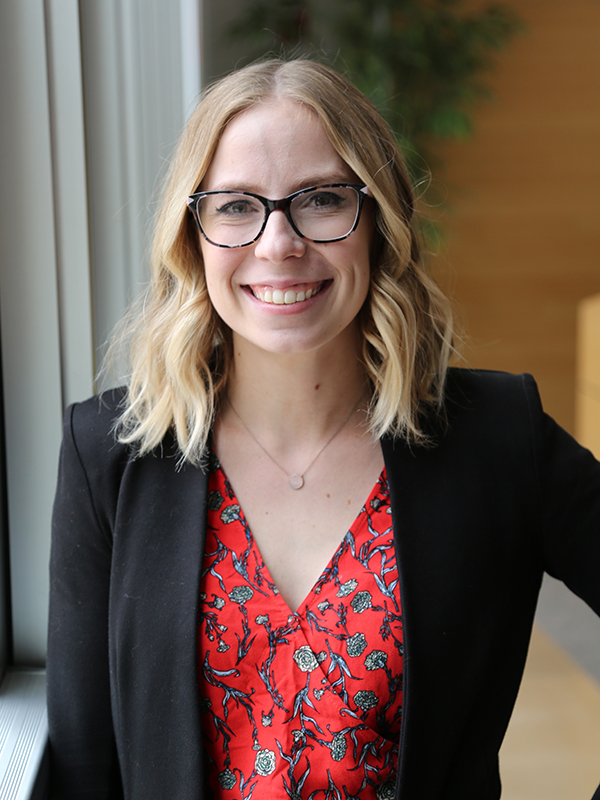
Emily Ledingham
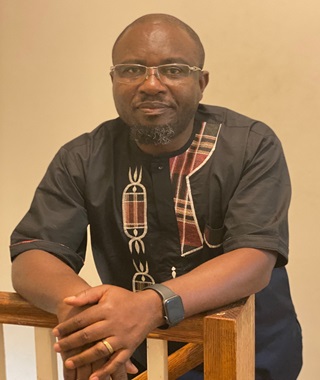
Rene Njamnshi
Rene Njamnshi is a PhD student in the Behavioral Health concentration and NIAAA pre-doctoral trainee. He holds dual master’s degrees from Brandeis University - an MA in Sustainable International Development and an MS in Global Health Policy and Management, with a concentration in Health Economics and Analytics. He also earned an MS in International Community Economic Development from Southern New Hampshire University, and a BS in Economics from the University of Yaoundé II in Cameroon. Rene’s interdisciplinary training fuels his interest in applying economic analysis, data science, and policy evaluation to improve healthcare access, quality, and equity, particularly in mental health and substance use disorder services for vulnerable and underserved populations in the U.S. and low-and lower-middle-income countries. His research interests include prescription patterns and access to medications for substance use disorders and other mental health conditions; alcohol and drug policy; the cost-effectiveness, implementation, and evaluation of behavioral health interventions; and the influence of social determinants such as poverty, inequality, housing, and community infrastructure on behavioral health outcomes. He was the lead author on a co-authored article in The Pan African Medical Journal, derived from his master’s thesis at Brandeis, which analyzed the cost-effectiveness of kidney transplantation versus dialysis in Cameroon. Before beginning his PhD, Rene worked as a mental health counselor at TaraVista Behavioral Health Center in Massachusetts and served with AmeriCorps at Habitat for Humanity Susquehanna in Maryland. Earlier, he spent close to two decades as a development practitioner in Cameroon, the Democratic Republic of Congo, and Haiti.
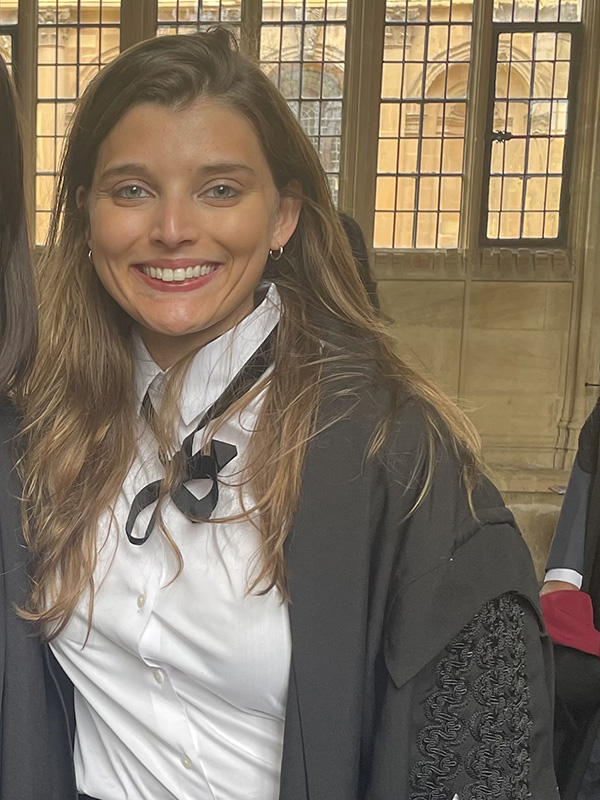
Miranda Jane Safir
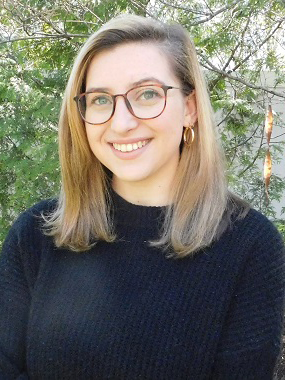
Allie Silverman
Allie Silverman is a doctoral candidate in the Behavioral Health concentration and NIAAA pre-doctoral trainee. Silverman has worked for the Rural and Minority Health Research Center and the Student Health Services Sexual Health Office, South Carolina. She has also done research on Medicaid funding for substance use disorder.
Her research interests include sexual health, substance use disorders, health care delivery, and quality improvement. She received her Master of Public Health in Health Services, Policy and Management and Master of Social Work at the University of South Carolina. She holds a Bachelor of Arts in neuroscience and psychology from Boston University.
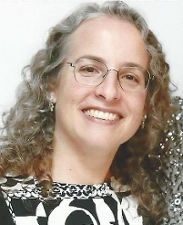
Deborah Strod
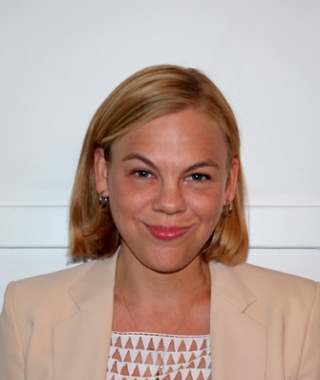
Heidi Bruggink Sulman
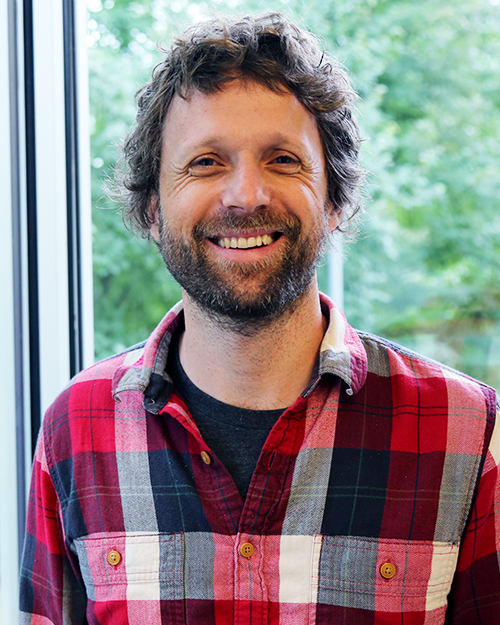
Adam Vose-O'Neal
Adam Vose-O'Neal is a PhD candidate in the Behavioral Health concentration. For the last several years, licensed clinical social worker Adam Vose-O’Neal has worked in a clinical practice in Providence, R.I. where he specializes in treating clients with addictions. Now, Vose-O’Neal is enrolled in the Heller PhD program with a concentration in behavioral health, and is a National Institute on Alcohol Abuse and Alcoholism (NIAAA) Fellow. He continues to treat clients in Providence, and hopes to maintain a clinical practice while pursuing a research career. For his dissertation research, he plans to pursue deeper questions of addiction, sobriety and social networks informed by his experience as a clinician.
“Something that’s come up in my practice is seeing how people get sober. One interesting thing is that they don’t always do it through conventional treatment. I’ve seen clients that disconnect or connect with people in their lives—change jobs, move, start a new relationship, get out of a relationship—and it’s had an impact on their path not just to sobriety, but sustained sobriety. That’s interesting to me. Not just how people get sober, but stay sober.”
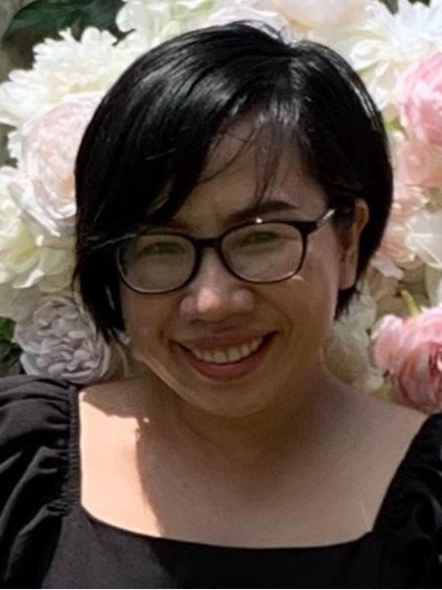
Vi Thi Tuong Vu
Vi Thi Tuong Vu is from Ho Chi Minh City (HCM), Vietnam. She received a bachelor’s degree in Sociology, and a Master’s degree in Public Health. She is a PhD candidate in the Behavioral Health concentratiom. She has worked for the HCMC HIV AIDS Committee and Vietnam HIV Addiction Technology Transfer Center at the University of Medicine and Pharmacy, HCM. She has spent over 18 years providing HIV, addiction treatment and prevention interventions and capacity building for substance use disorders (SUD) related to HIV patients and for clinical staff in Vietnam. Her career mostly focuses on developing interventions, through pre-and in service, based on evidence-based practices, especially for the most vulnerable groups such as women who are injecting drug users. This will assist in bringing health and wellbeing to the SUD patients and their families and to their communities.
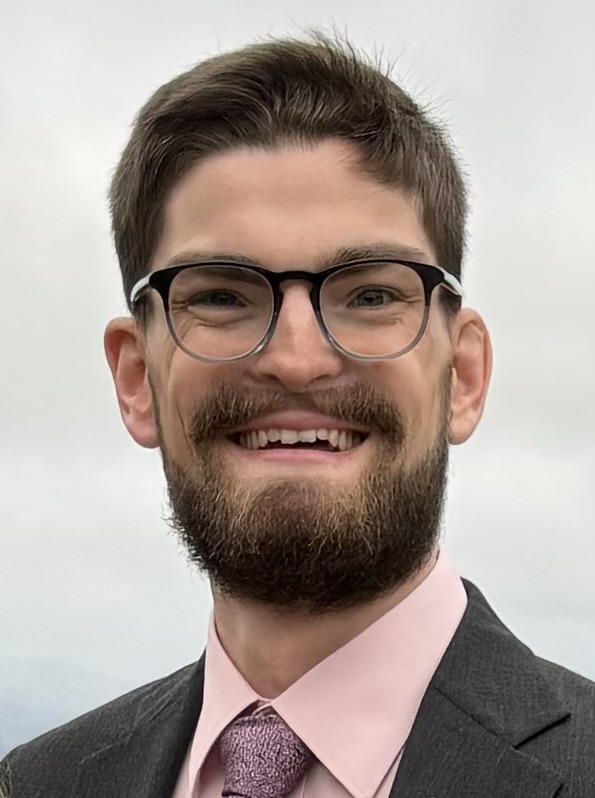
Micah Webster
